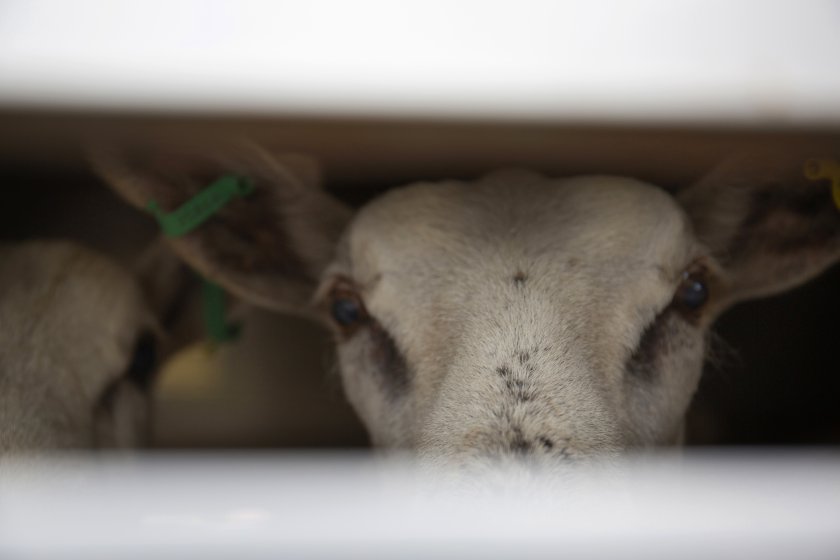
Campaigners are renewing their calls for an end to UK live exports after 15,000 sheep died in the Red Sea last week.
Reports show that on 11 June around 15,000 sheep drowned when the Al Badri 1, a livestock vessel carrying them from Sudan to Saudi Arabia capsized.
The ship sank near the harbour exit as it was leaving the port of Suakin in Sudan. A report states that around 700 of the 15,800 sheep onboard were rescued.
Worldwide each year, millions of sheep, cattle, and pigs are sent on export journeys for slaughter or fattening by road, rail, sea or air across continents.
But Compassion in World Farming, which is calling for an end to such exports, said the trade was 'inhumane' and 'unnecessary'.
Today (14 June) marks the annual Ban Live Exports: International Awareness Day, in which supporters from a range of similar organisations unite to for a ban.
The date of 14 June was chosen due to a similar incident in 2015, when, on that date, 13,000 sheep died during a sea journey from Romania to Somalia.
Compassion in World Farming said the UK government should honour its pledge to ban UK live exports , made in August 2021.
Peter Stevenson, chief policy adviser of the group said: "Animals should be slaughtered as near as possible to the farm on which they were reared and fattened on or near the farm where they were born.
“Compassion in World Farming is calling for these exports to be ended... and is writing to the World Organisation for Animal Health (WOAH) whose guidelines provide that ‘the amount of time animals spend on a journey should be kept to the minimum’.
"We urge WOAH to press all their member countries to respect this guideline and to rapidly bring an end the transport of live animals over long distances."
However, according to Ruminant Health & Welfare (RH&W) – whose members represent the breadth of the supply chain – a ban on live exports would have far-reaching consequences.
It urged the government to build regional abattoir capacity in response: "Defra should, if a ban is implemented, take responsibility for the impact on businesses," said chairman Nigel Miller.
